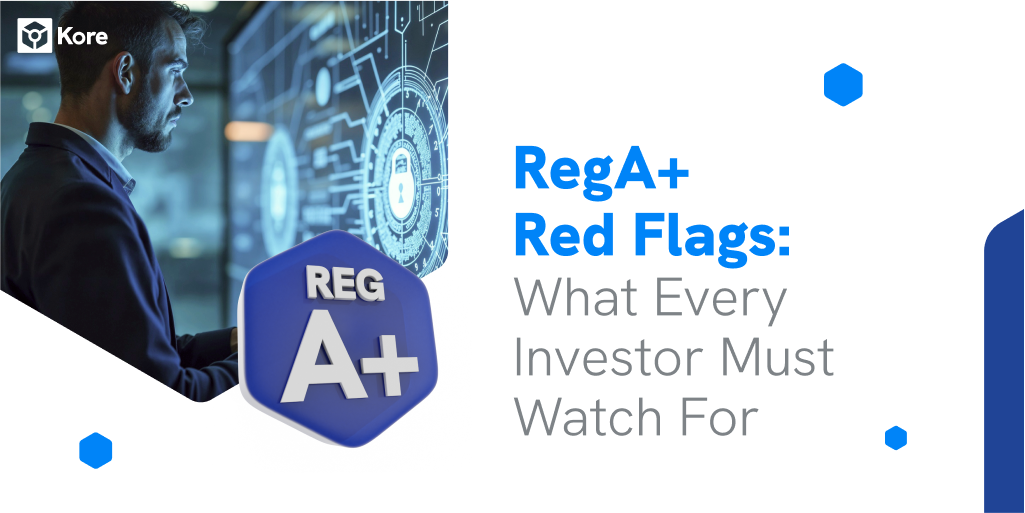Who Does Due Diligence on Companies using RegA+?

Due diligence is an essential part of the investment process. Especially following the passage of the JOBS Act in 2012, which expanded Regulation A+ (RegA+), companies now have additional opportunities to seek capital from investors. This has created a need for due diligence on these companies that is both thorough and efficient. In this blog post, we will discuss who does due diligence on companies using RegA+ and who does due diligence on companies using RegA+.
What Is Due Diligence?
The Securities Act of 1933, a result of the stock market crash years earlier, introduced due diligence as a common practice. The purpose of the act was to create transparency into the financial statements of companies and protect investors from fraud. While the SEC requires the information provided to be accurate, it does not make any guarantees of its accuracy. However, the Securities Act of 1933 for the first time allowed investors to make informed decisions regarding their investments.
In the context of raising capital through RegA+, due diligence means that the issuer has provided all of the necessary information to investors and securities regulators so that they comply with securities laws. This may include information like:
- Funding: The issuer should provide a detailed plan of how the money raised through RegA+ will be used.
- Products/Services: The issuer should provide a clear description of their products and services, as well as any potential advantages that they may have over the competition.
- Business Plan: The issuer should provide a detailed and comprehensive business plan outlining their current and future projects, as well as realistic projections based on their financial reports.
- Management Team: The issuer should disclose information about the company’s officers, founders, board members, and any previous experience in business that may be relevant to investors.
Issuers should also use a registered broker-dealer as an intermediary to comply with Regulation A+ (RegA+). By doing this, they will ensure that they are meeting their due diligence requirements.
Who Is Responsible for Doing Due Diligence on companies using RegA+?
When it comes to due diligence for companies using RegA+, typically, the issuer’s FINRA Broker-Dealer is responsible for conducting due diligence both on the potential investors and the company itself. The broker-dealer will be required to perform regulatory checks on investors such as KYC, AML, and investor suitability to ensure investors are appropriate for the company. Additionally, they will perform due diligence on the issuer so that they can be assured that the company is operating in a manner compliant with securities laws so that they do not present false information to investors. Failing to meet compliance standards can result in the issuer being left responsible for severe penalties, such as returning all money raised to investors.
However, both investors and issuers have a responsibility for due diligence as well. Investors should research the company thoroughly and make sure they understand all details surrounding the offering before investing their money. This includes reviewing all relevant documents, such as the offering circular, stock subscription agreements, and other related materials that give them a good understanding of the investment opportunity and its potential risks.
Issuers also contribute to due diligence as they must work with their FINRA Broker-Dealer to ensure that their offering is compliant with all laws and regulations. This includes verifying all information provided in the offering materials and making sure it meets regulatory requirements. The issuer must also disclose all information that could influence an investor’s decision to purchase the securities.
Due diligence is essential for both investors and issuers when it comes to investments under Regulation A+ (RegA+). Ensure that thorough due diligence is conducted ensures that the offering is conducted in a manner that aligns with the best interests of both investors and the issuer. Ultimately, due diligence is a key component when it comes to investments under Regulation A+ (RegA+) and should not be overlooked.





